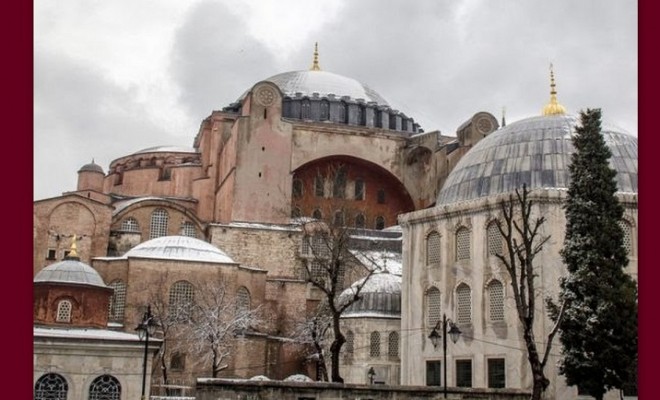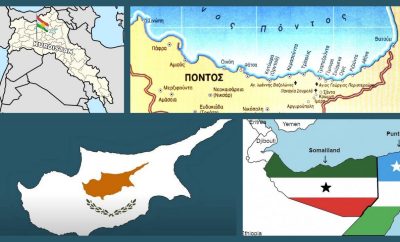
Turkey’s Anti-Kurdish Measures Violate Religious Freedom
Turkey has a long history of discrimination against its Kurdish citizens as well as restrictions against using the Kurdish language. While this systematic exclusion has drawn international attention, its detrimental effects on the religious freedoms of Kurdish Muslims and Christians remain little noticed. Thus, it is time for the US Commission on International Religious Freedom (USCIRF) and the global religious freedom advocacy community to highlight the egregious religious freedom violations that result from restrictions on using the Kurdish language as part of religious services.
Turkish police on July 3 rounded up 28 Muslim clerics, arresting nine, for preaching sermons in Kurdish. During the questioning of the imams, authorities insisted that the mere use of Kurdish words resonated with the “organizational discourse” of the Kurdistan Workers’ Party (PKK), a terrorist-designated group that has led an insurgency against Turkey for four decades. One of the detained imams said that officers showed photos of prayers in mosques as evidence of their crimes.
These spurious arrests come at a time when hate crimes targeting Turkey’s Kurdish community are climbing. In July alone, there were at least four reported violent attacks targeting Kurds. Echoing the Turkish authorities’ prejudice against the Kurdish language, a racist mob in the western province of Afyon assaulted a group of Kurdish seasonal workers for speaking Kurdish, accusing them of being PKK members due to the use of their language.
Hostility toward the use of Kurdish in religious spaces is not a new trend. In Turkey, these spaces are strictly controlled by the Directorate of Religious Affairs (Diyanet), a governmental agency that delivers, and thereby controls, religious services for Muslims through the nearly 130,000 clerics it employs. The enduring criminalization of the Kurdish language, most recently through its vilification as PKK propaganda, has prevented Turkey’s Kurdish-speakers not only from receiving government services on an equal footing but also from accessing and performing religious services as they see fit. The Diyanet has refused to provide or allow for Kurdish-language sermons, with the exception of a few symbolic cases, and Turkish authorities have regularly cracked down on imams who incorporate Kurdish into their religious services, leading to detentions, jail time, and the banishment of Kurdish imams from their posts.
Συνέχεια ανάγνωσης εδώ
Πηγή: providencemag.com




